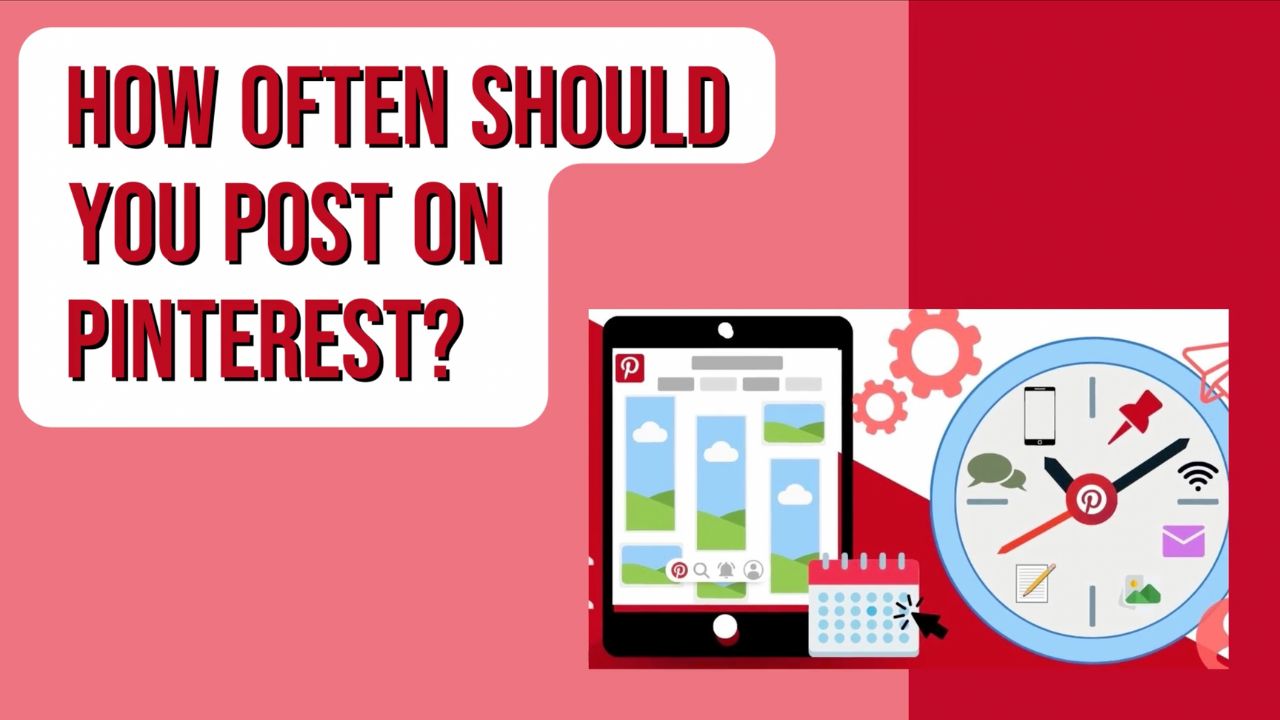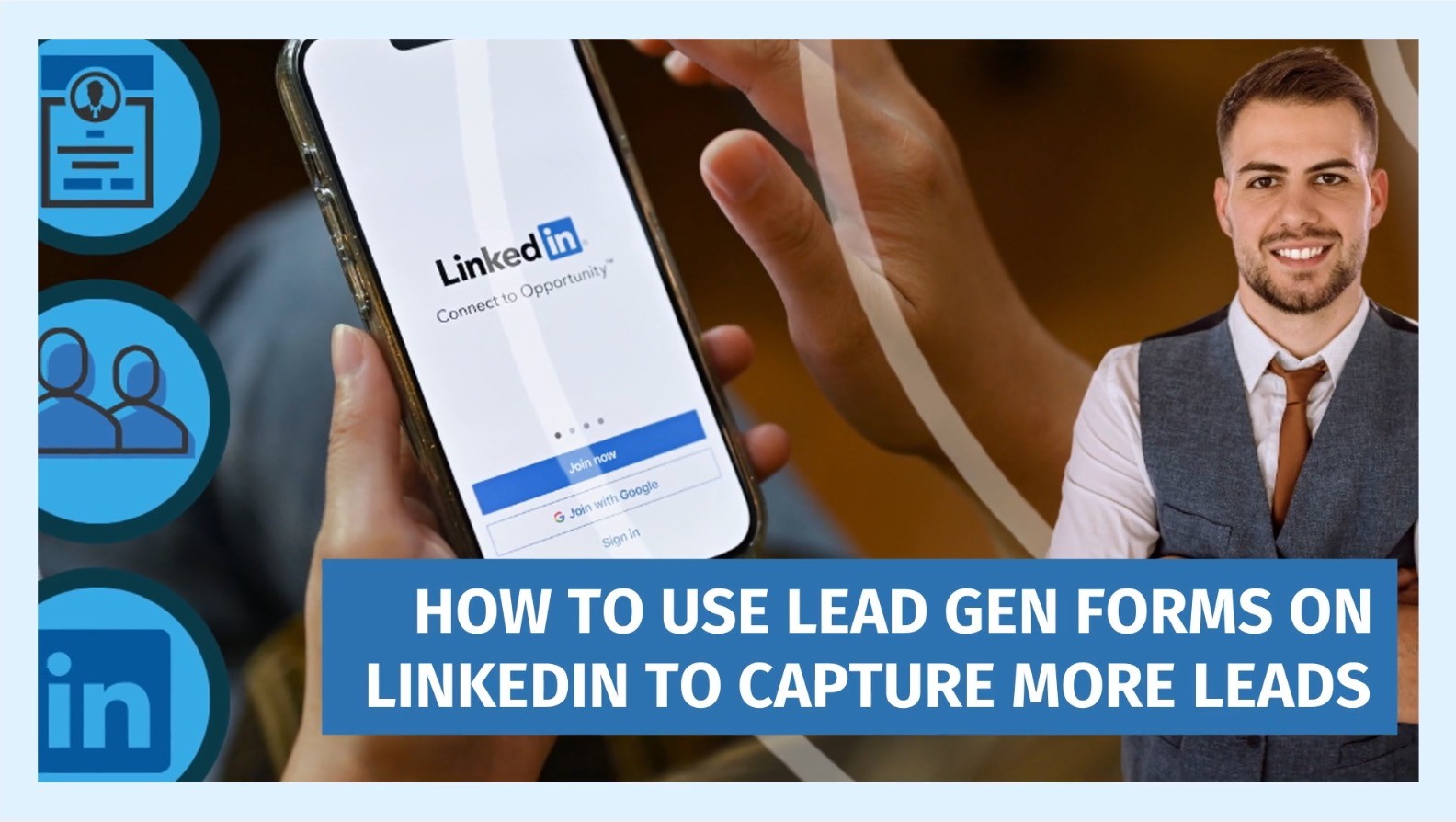How often should you post on Pinterest?
Other recommendations available online vary considerably, suggesting posting anywhere from 5 times a day to up to 30.
But none of it seems to be based on any actual evidence...
And isn't even in line with what Pinterest itself recommends for best performance.
So, rather than simply regurgitating what others have said, what's the actual truth?
This post investigates how often you should actually post on Pinterest, based on:
- How the platform works (it’s not like other social platforms!)
- Any studies that might exist or actual data suggesting how often to post
- What Pinterest itself recommends!
Let’s get started…
How Does Pinterest Actually Work?
While they’re obviously completely different platforms, it helps to think of Pinterest as a little like YouTube.
Here’s what I mean…
When you post a video on YouTube, you expect the content to stay there and continue to attract views and engagement for years. So you take more time on getting the content right before you publish.
On other platforms, like Facebook and X for example, it’s more a case of “post today, gone tomorrow”. Each individual post doesn’t matter too much, it’s soon drowned out by the continuous surge of new content into the feed.
Some business owners and marketers make the mistake of seeing Pinterest in the same way. So they post as much as they can, hoping some of it sticks.
But Pinterest doesn’t work in that way. It’s more search engine than social media platform, and, just like YouTube, the content is evergreen.
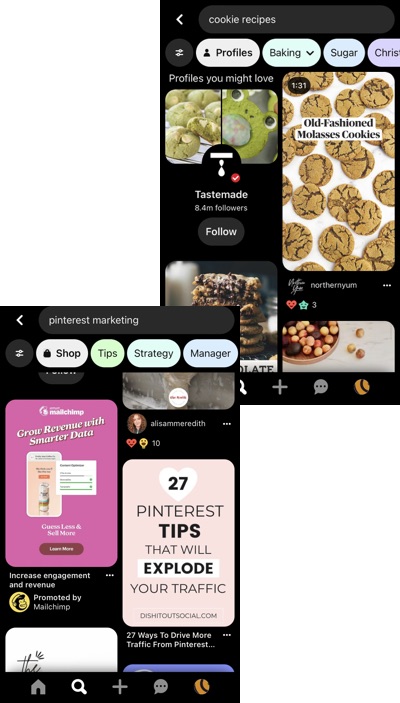
That means the quality of what you post matters far more than on other platforms. It’s the higher quality content that rises to the top, hiding the vast majority of frivolous, less relevant content from view.
Perhaps even think of it a bit like Google Search. If you want views of your content, quality and relevance counts.
Remember, Pinterest isn't like most social media platforms. It's more of a search engine, and the content is evergreen. Quality and relevance counts.Click To Post OnStudies Linking Pinning Frequency With Results
Let’s have a look to see if there’s any actual data that helps reveal what impact frequency might have on Pinterest results.
Unfortunately, I could only find one such study, coming from Kate Ahl at Simple Pin Media, who helps clients in different niches manage their Pinterest marketing.
She studied the results of multiple clients to see whether pinning frequency affected traffic.
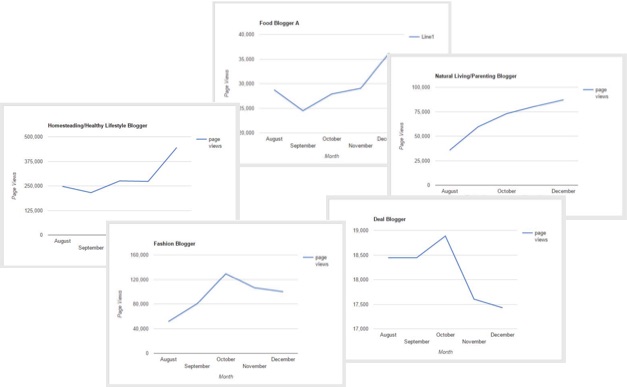
However, it should be noted that the data does go back a few years so doesn’t necessarily indicate what works best now. As with most content platforms, Pinterest’s algorithm is constantly changing, so what might have been a good strategy a few years back might not work so well now.
Nevertheless, let’s take a look at what she found.
While she had expected to find that the more you pin, the more traffic you get—a very common assumption—there was in fact little correlation between frequency and traffic.
Regardless of frequency, some accounts experienced growth by varying degrees; others saw declines.
In other words, frequency didn’t appear to be a factor for traffic growth… at all.
Contrary to common assumption about optimal Pinterest usage, there's little actual evidence to suggest a correlation between pinning frequency and traffic. Quality matters far more.Click To Post OnSo, in the absence of any other studies of actual data…
What Does Pinterest Itself Recommend?
In fact, while most of the advice available recommends pinning several times daily, Pinterest itself suggests that…
“... posting on a weekly basis is a good rule of thumb.”
It’s not a one-off suggestion either. Elsewhere in their guidelines, they confirm that a “weekly cadence offers the best bang for your content-publishing buck.”
In other words, nothing close to the ‘several times a day’ approach, in the hope that some of the mud sticks.
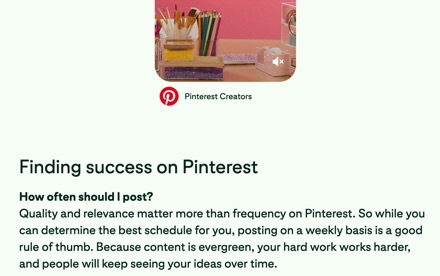
Again, Pinterest is not like other social media sites (it doesn’t class itself as one at all) requiring a constant stream of updates to maintain visibility in the feeds.
Pinterest is more of a search engine, and…
“Quality and relevance matter more than frequency… Because content [on Pinterest] is evergreen, your hard work works harder, and people will keep seeing your ideas over time.”
As they go on to say…
“... aiming for engagement and relevance is how people succeed on Pinterest.”
There’s no suggestion that higher frequency levels are penalized, as long as higher frequency doesn’t come at the expense of quality—in other words, the value your Pins offer.
In fact, to succeed, you should be aiming for your Pins to be so useful that people in your audience want to save them so they can refer back to it later.
Saves are a key metric that Pinterest tracks in its algorithm, geared so that when someone saves a Pin, Pinterest will be inclined to show it to more people.
It’s far more challenging to create save-worthy content if your main motivation is to churn out several Pins a day.
So the overall message from Pinterest is:
- Slow down…
- Focus on quality, not quantity…
- Encourage saves of your Pins (with appropriate calls to action).
So How Often Should You Actually Post on Pinterest?
Every account is different and there is no right answer for how often to post, other than to follow three broad guidelines:
- Focus on quality first and foremost—remember, unlike most other social platforms, content is evergreen on Pinterest. One well-constructed, engaging quality Pin will always outperform multiple low quality Pins churned out as fast as possible. In other words, take the time to ensure you’re publishing something of real value to your intended audience.
- Study your metrics—every account behaves completely differently, so succeeding means studying your metrics on a regular basis to see what's working and what isn't, experimenting (such as by testing out different publication frequencies)… and determining what works best for you and your unique audience!
- Be regular and consistent—as with all content marketing, regular, consistent activity is what counts, and it’s no different on Pinterest. There are indications that this is what Pinterest’s algorithm prefers, plus it helps attract followers, you build a solid body of content over time, and it helps develop trust in your brand.
Frequently Asked Questions
How does Pinterest actually work?
Pinterest operates more like a search engine than a typical social media platform, where evergreen content quality and relevance play crucial roles in visibility.
What did the study on pinning frequency find?
Contrary to common assumptions, pinning frequency showed little correlation with traffic growth, suggesting quality content matters more on Pinterest.
What does Pinterest recommend for post frequency?
Pinterest recommends posting on a weekly basis to optimize content visibility, emphasizing quality and relevance over high frequency.
How often should you actually post on Pinterest?
Focus on quality over quantity, study your metrics, and maintain regular consistency to succeed on Pinterest, tailored to your unique audience.
To Conclude
The main takeaway is that the frequency of posting on Pinterest doesn’t matter anywhere near as much as many commentators would have you believe. The real focus should be on the quality of your Pins, and encouraging engagement such as saves.
One valuable, useful Pin that’s been saved one or more times is worth far more than multiple, low-value, “churned out” Pins that people find of little value, and are likely to never see the light of day.
So if you’re thinking about boosting frequency, but it’s likely to be at the expense of quality, the simple message is… don’t.
Start with a minimum of just one Pin a week (in line with Pinterest’s own recommendations), and keep it consistent over time.
Experiment, get the quality right, and only increase frequency if it’s not going to be at the expense of quality.
